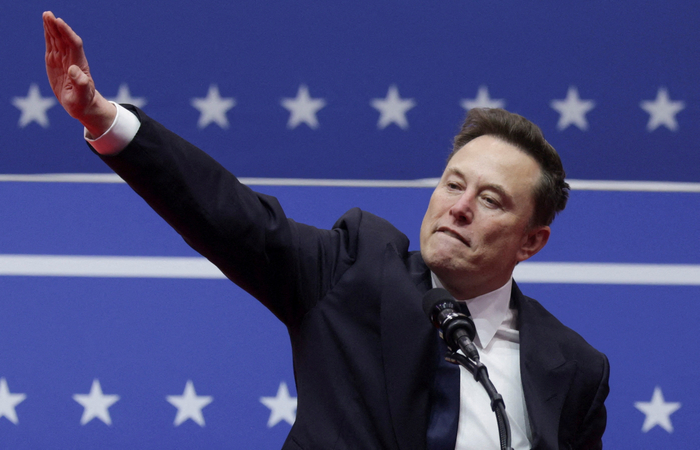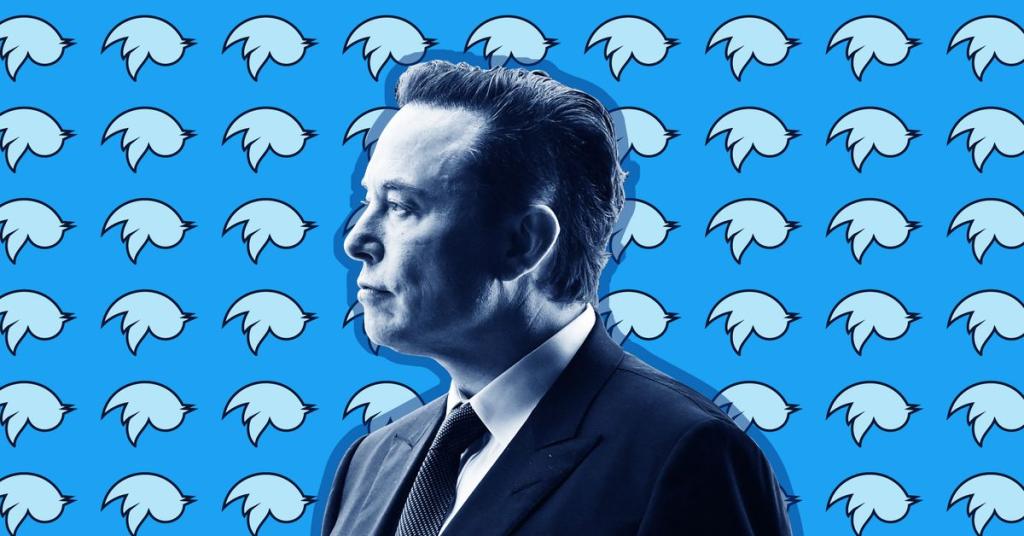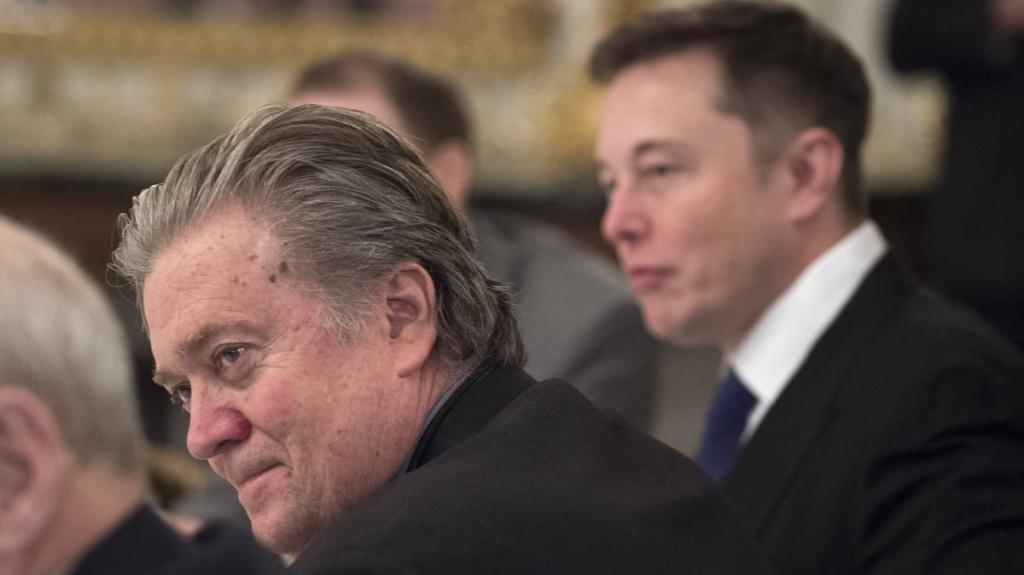Elon Musk's Shift: Impact of Trump Support on Tesla's Future
Explore how Elon Musk's surprising support for Trump could reshape Tesla's brand identity and sales amid growing political divisions.
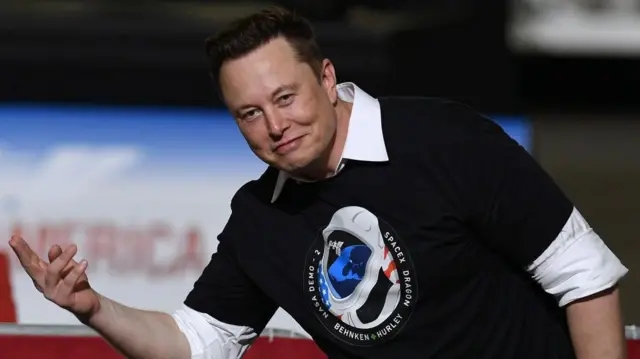
Key Points
- Elon Musk
's endorsement of Donald Trump marks a significant political shift that contrasts with Tesla's environmental mission.
- Musk's support may alienate Tesla's predominantly Democratic customer base, leading to potential declines in sales in key markets like California
.
- The implications of this alliance could reshape Tesla's brand identity and impact its financial future amidst changing political landscapes.
In recent months, a notable political shift has arisen in the world of technology and politics, highlighting an unexpected alliance between tech billionaire Elon Musk and former
. This development has intrigued many, considering Musk's historical skepticism towards Trump, particularly regarding climate policy and electric vehicles (EVs). Yet, as Trump gears up for the upcoming election, Musk's support has become increasingly visible, reflecting a profound change in their relationship.
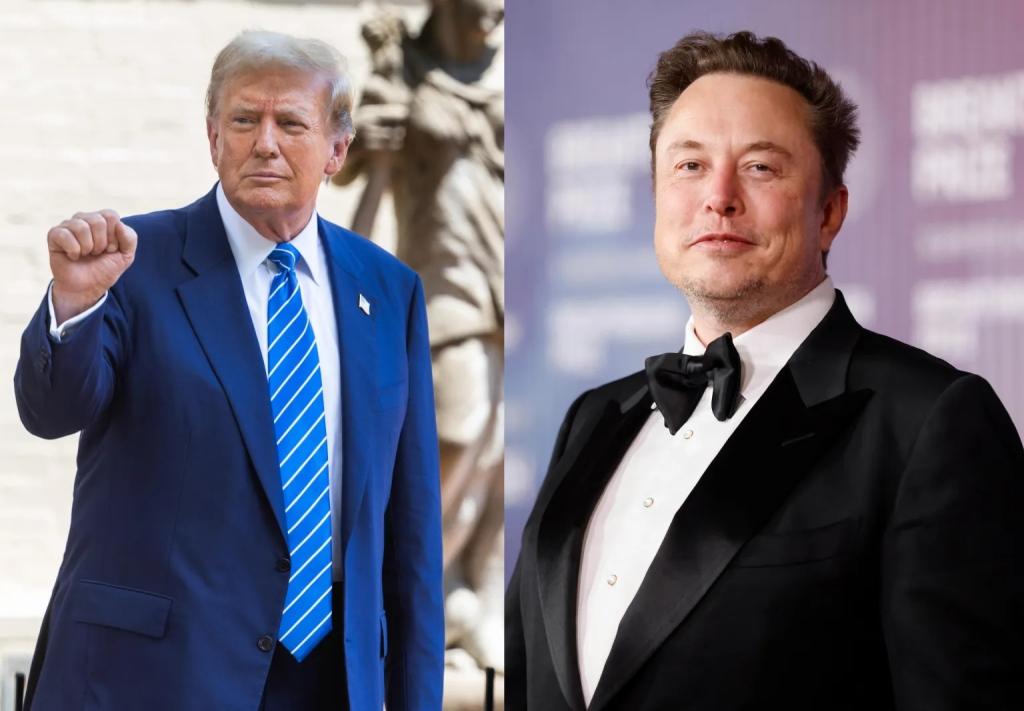
This new partnership may be surprising, especially given that, until recently, both men had openly criticized one another. Musk's journey from a critical observer to a vocal supporter of Trump raises questions about the implications for Tesla, Musk's flagship venture, and its predominantly Democratic customer base.
The Political Landscape Shift
The recent endorsement of Trump by Musk became evident shortly after an assassination attempt on Trump. Within a short time, Musk took to social media, declaring his support and hoping for the former President's speedy recovery. This declaration signified a major shift, not only in Musk's political stance but also in the future trajectory of the Tesla brand. According to data, Trump’s approach to environmental issues starkly contrasts with Tesla's mission to promote sustainable energy. Musk himself is aware that Trump’s potential election could threaten Tesla’s financial incentives established by current administrations aimed at promoting EV usage.

Analysts have pointed out that Musk’s public alignment with Trump might alienate Tesla’s customer base. In markets like California—one of Tesla's largest markets—sales have already begun to reflect the growing dissatisfaction among Democrats, the primary EV-buying demographic. A report from the California New Car Dealers Association indicated that Tesla vehicle sales fell by 17% in the first half of the year, raising alarms about the brand’s appeal amidst changing political sentiments.
Brand Implications and Market Reactions
As the landscape shifts, the question arises: how will consumers react? Surveys show that favorability among Democrats for both Musk and Tesla is on the decline, while support among Republicans has surged. In fact, Republican favorability towards Musk increased from 50% to 58% after his endorsement of Trump. However, it’s crucial to note that enthusiasm for electric vehicles among Republicans remains significantly lower compared to their Democratic counterparts.
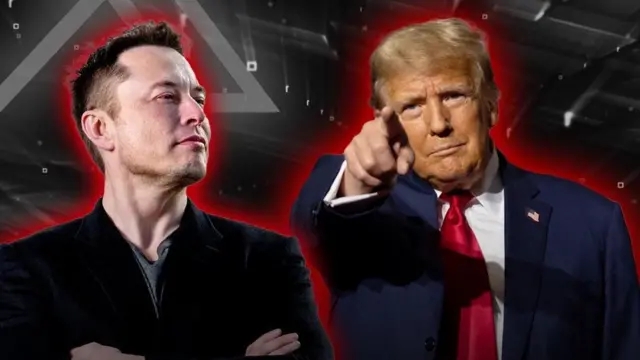
This dynamic positions Musk in a precarious situation. Considering that 39% of Republicans harbor aversion to EVs, the endorsement may not yield the favorable market response Musk aims for. Despite being a major proponent of renewable energy, Musk's recent political maneuvers may undermine the very mission that catapulted Tesla into global prominence.
Investments and Future Prospects
With Musk’s heavy investment into Trump’s campaign through super PACs, there's also the risk associated with any potential rollback of EV incentives established by the Biden administration, which have significantly benefitted Tesla’s pricing strategy. This situation inevitably raises concerns regarding the long-term sustainability of Tesla’s business model under a Trump-led administration.

The reality is that, while Musk seeks to consolidate support within the Republican sphere, he must tread carefully. Many industry experts suggest that aligning Tesla with Trump could detract from its environmental message and customer loyalty. The danger lies in the delicate balance between political allegiance and the business interests of a company that has built its foundations on progressive environmental philosophy.
Looking Ahead
As the 2024 elections approach, the unfolding saga between Elon Musk and Donald Trump is likely to be unpredictable. The political shift signifies more than just a personal relationship; it is set against a backdrop of broader implications for Tesla, its brand, and its customers. Already, reports indicate that Tesla sales are not only dwindling but that the once strong association with ecological sustainability is facing challenges amid Musk's evolving political landscape.

In summary, Musk’s open support for Trump marks a significant turning point that could reshape the future of Tesla and influence the brand's alignment with its core values. The outcome of this alliance remains to be seen, but it certainly calls into question how political affiliations can impact corporate identity and public perception in an era defined by intense partisan divisions.
